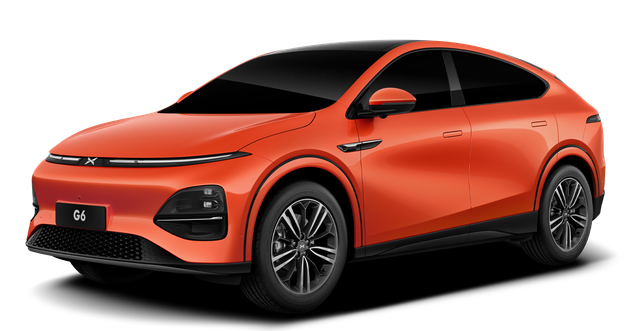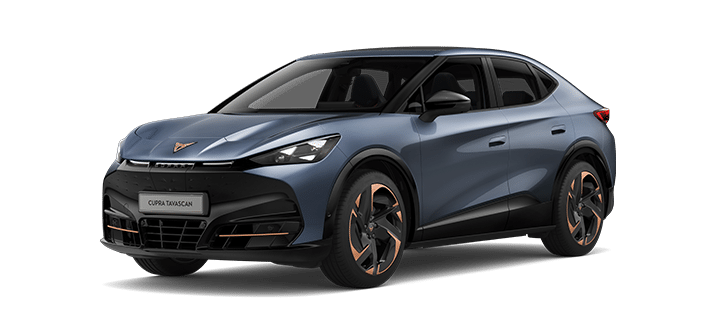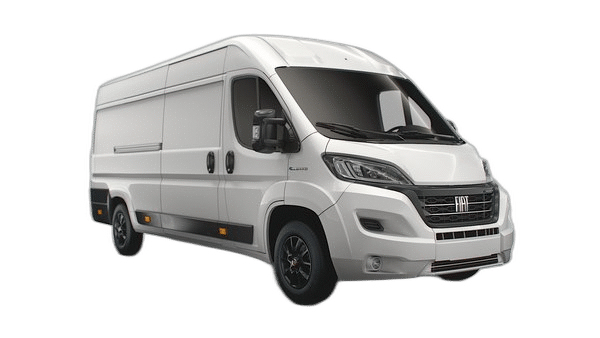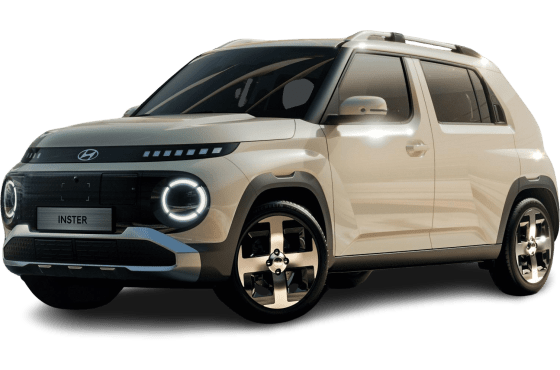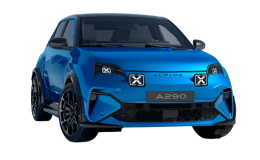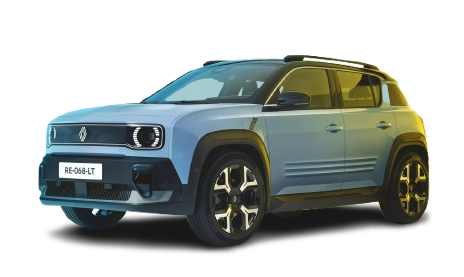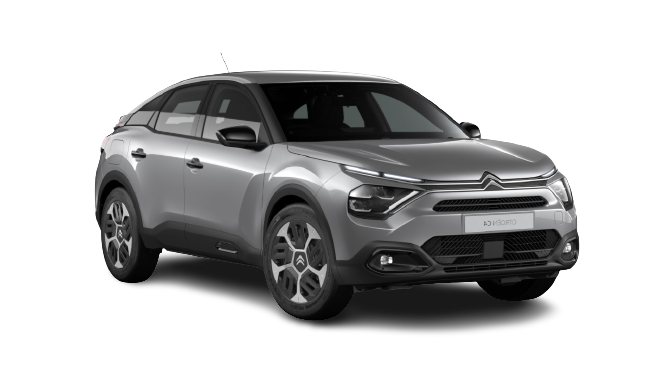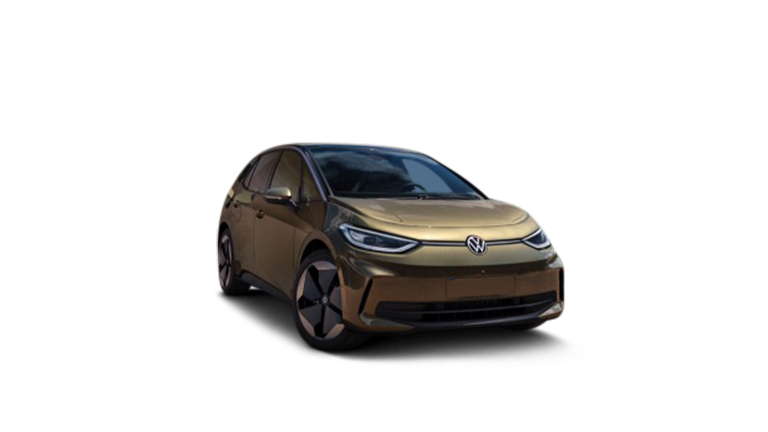Corporate Social Responsibility and the ecological transition
What is CSR?
Corporate Social Responsibility or CSR is the set of practices put in place by a company to respect the principles of sustainable development. It's not just a matter of complying with legislation, but also of taking action on a day-to-day basis for the well-being of all, while continuing to do business.
Also read → Corporate social responsibility: definition
How does it relate to the ecological transition?
The ecological transition and CSR are intimately linked. CSR encourages companies to become key players in sustainable development. How can they do this? By reducing their ecological footprint and adopting clean energies. Their role is crucial in the fight against climate change and the protection of our planet for tomorrow.
Also read → Transition to electric cars: profitable for businesses?
What is the psychological impact for companies?
CSR has an impact on company morale. Employees feel proud and connected. Brand image improves, attracting consumers and investors. Companies take pride in making a positive contribution to society. It's a real driver of change and achievement.
Also read → Electric cars boost your employer brand
How does it influence their decisions?
CSR is transforming the way companies think and act in four key ways:
- Their strategic choice : sustainability objectives at the heart of planning.
- Innovation : Encouraging the creation of environmentally-friendly technologies.
- Governance : higher ethical standards in management.
Stakeholder engagement working hand in hand with suppliers, customers and communities to achieve sustainable practices
Ecological awareness influences corporate strategy
Corporate environmental awareness is on the rise. Companies are more aware of their impact on the environment. They understand the importance of reducing this impact. This change can be seen in their strategies, which now include environmental objectives.
How has ecological awareness evolved within companies?
Companies, especially in the world of electric vehicleshave opened their eyes to ecology. They have a better understanding of environmental issues. This awareness is growing thanks to government efforts and public vigilance. Corporate strategies are becoming greener, especially in the automotive sector.
The law Green Industry of October 23, 2023 changes the rules for the ecological bonus for new electric cars by assessing their environmental impact over their entire life cycle. This is a strong incentive for companies. They must think sustainable right from the design and manufacture of their vehicles. This approach shows the importance of a global vision of ecology.
Which electric car brands have made environmental awareness part of their strategy?
The year 2024 marks a turning point for electric cars. Major brands, such as Stellantisare taking a bold gamble. Despite the reduction in ecological bonuses, they remain confident. Their vision: increased sales of electric vehicles in France.
The change doesn't stop there. French brands are innovating to make electric vehicles more accessible. Citroën launches the ë-C3, while Renault unveiled the neo-retro R5, models priced at around €25,000. Their aim? Affordable electric cars for everyone.
These initiatives underline a strong commitment. Companies are not just following the trend. They are actively shaping the future of sustainable mobility. Their influence is guiding the ecological transition in the automotive industry.
Corporate image
What impact does the ecological transition have on companies' brand image?
In 2024, the world of electric vehicles is transforming the image of companies. Faced with new government subsidies and regulations, such as the new social leasing or the introduction of an environmental scoreresponsive companies stand out from the crowd. They reinforce their image by taking these changes into account.
Take the reduction in the ecological bonus and the new environmental score. These measures encourage companies to manufacture less-polluting vehicles. This favors models produced in Europe.
But it's not just a question of regulations. It's also about environmental awareness. Companies that adopt electric vehicles or offer affordable models are becoming benchmarks in sustainability. They are gaining in reputation, linked to innovation, ecological responsibility and cutting-edge technology.
Which companies have leveraged their brand image through ecology?
The world of electric vehicles is coming alive with exciting innovations and environmental concerns. In France, Renault culminates in the Mégane e-Techan ecological gem. The same applies to the German brands BMW, Audi and Mercedes offer a wide range of environmentally-friendly electric vehicles.
These brands, along with other European and Asian giants, are transforming the automotive industry. They are responding to the need for sustainable mobility. Tesla never ceases to innovate and amaze, and its influence on the market is indisputable. The Model 3 is the perfect example: performance, autonomy and respect for the environment.
These companies, through their dedication to vehicle electrification, are at the heart of our transition to a greener future. They don't just follow the trend; they create it.
How companies respond to ecological challenges therefore shapes their reputation in the world of electric vehicles. Adopting sustainable practices and integrating ecology into their products strengthens their image. They stand out as responsible innovators in a fast-changing market.
How do electric vehicles help reduce our carbon footprint?
Electric vehicles now play a central role in the environment. In the long term, they reduce carbon footprint. Reduced dependence on fossil fuels means lower greenhouse gas emissions.
Even though their batteries require a lot of energy to manufacture, electric cars have a smaller carbon footprint than combustion-powered cars. They also emit no emissions when on the road. What's more, thanks to technological advances and renewable energy, the carbon footprint of electric vehicles continues to improve.
These examples illustrate the point:
- Tesla is working on greener batteries using solar energy.
- Volkswagenby constantly improving the energy efficiency of its electric vehicles, reduces its environmental impact.
- BMW works with recycled materials and produces with green energy, proving that eco-responsibility can be adopted in the production and use process.
Current government regulations and support policies for electric cars are also encouraging companies to invest in innovation. Their growing popularity points the way to ambitious environmental targets.
Conclusion
The current year therefore promises to be a turning point for companies, especially in the field of electric vehicles. Companies are changing their strategies and their image, motivated by ecology. CSR is at the heart of their objectives.


